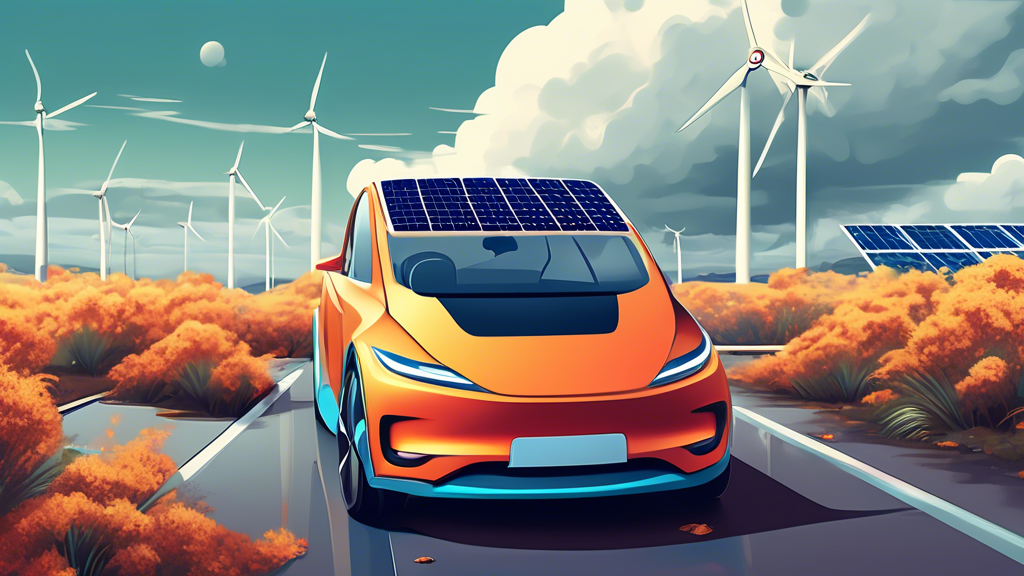
Let’s face it: the sun isn’t doing a full-time gig in most places, except if you live near the equator or enjoy the perpetual sparkle of California. For many, cloudy days are as common as coffee shops. So, if you’ve jumped onto the solar panels bandwagon and invested in panels to charge your electric vehicle (EV), you might wonder: do these shiny rectangles work when the sun decides to play hide and seek?
How Solar Panels Function on Sunny vs. Cloudy Days
Understanding how solar panels function can feel like revisiting high school physics, but let’s keep it simple. Solar panels generate electricity by converting sunlight into power through photovoltaic cells. If it’s bright and sunny, these cells roll up their sleeves and work at maximum efficiency. But what happens when clouds throw a shady party? Here’s the twist: solar panels can still perform under cloudy skies, albeit with a dip in productivity.
You see, solar panels don’t need direct sunlight to produce electricity (thank goodness). They can work with diffused or indirect sunlight, which is plentiful even on overcast days. However, the efficiency of converting solar energy into electricity does take a hit, usually dropping to about 10% to 25% of their capacity compared to sunny days.
Can Solar Panels Really Charge an EV?
The million-dollar question remains: can this reduced power output actually charge an electric vehicle? Well, brace yourself for a yes, but… kind of answer. Yes, solar panels can charge your EV on cloudy days, but it’s slower than your Monday morning. A cloudy day means a longer charging time for your ride.
For instance, if your solar setup typically charges your EV within a few hours under clear skies, charging on a cloudy day could extend to the better part of the day, or possibly even longer, depending on the cloud coverage and the type of panels you have.
Maximizing Charging Efficiency
So, should you just give up and plug into the grid at the first sight of a cloud? Of course not! There are several ways to tweak your solar system for better results, even when the weather isn’t cheering you on:
- Get more panels: More panels mean more surface area to catch whatever light is available, enhancing the overall system’s output.
- Consider battery storage: This is like having a savings account for electricity. Store the energy generated during sunnier times and use it to charge your EV whenever needed, cloudy or not.
- Opt for high-quality panels: Invest in panels known for better performance in low-light conditions. Some newer models are specifically designed to capture a broader spectrum of sunlight.
Real Talk: Adjusting Solar Panels Expectations
While the answer to your question is a hopeful yes, it’s essential to manage your expectations realistically. Modern solar technology has dramatically improved, yet it’s important to remember that charging speeds on cloudy days will never match those of sunny ones. So, maybe plan your long leisure drives for bright sunny days and leave the local errands for when the clouds roll in. Not a bad trade-off, is it?
In conclusion, solar panels can indeed charge an EV on cloudy days, just not at the concert-paced tempo you might be used to on sunnier days. But hey, any day you can charge your vehicle through the sheer power of the sky – cloudy or not – is still a step towards a greener planet, right?
